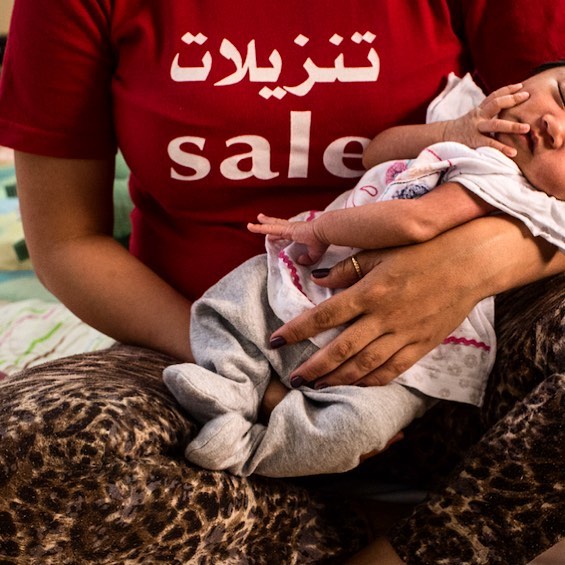
Getting pregnant without being married isn't a criminal offense—unless you are living in Qatar. In Qatar and most of the Middle East, you would be charged with the crime of zina which is defined as any act of illicit sexual intercourse between a man and a woman.
Zina laws criminalize sex outside of marriage so getting pregnant without a wedding ring to show becomes proof a crime. The application of zina laws varies, but usually the punishment involves imprisonment. Some countries go further and mete out punishments of flogging or death by stoning.
In a country where about 88 percent of the 2.3 million Qatari population are labor migrants who go to Qatar primarily to work, getting pregnant whether as a result of a relationship or a rape poses a series of complications and risks.
Abortion is illegal. A promise to marry by the father of the child is enough to avoid jail time but this offers little remedy in cases of rape. The easiest way to avoid jail time is to attempt to slip out of the country in the early days of their pregnancy—but this is only possible if their employer will grant them an exit visa. Others stay because being forced to return to their country would mean going back to the grinding poverty they tried to escape.
Women who stay face a life of hiding and uncertainty. Some reportedly give birth at home and continue to work discretely (and illegally) under the radar. Others serve out their jail sentence with their child. Under Qatari law, children up to two-years-old are allowed to be with their mothers in prison.
Advocates are working to abolish zina laws saying that detention is the last place a pregnant woman should be.
This report looks at how zina laws that criminalize unmarried sex disproportionately impact low-skilled many migrant women, leaving them and their infant children in desperate straits.












